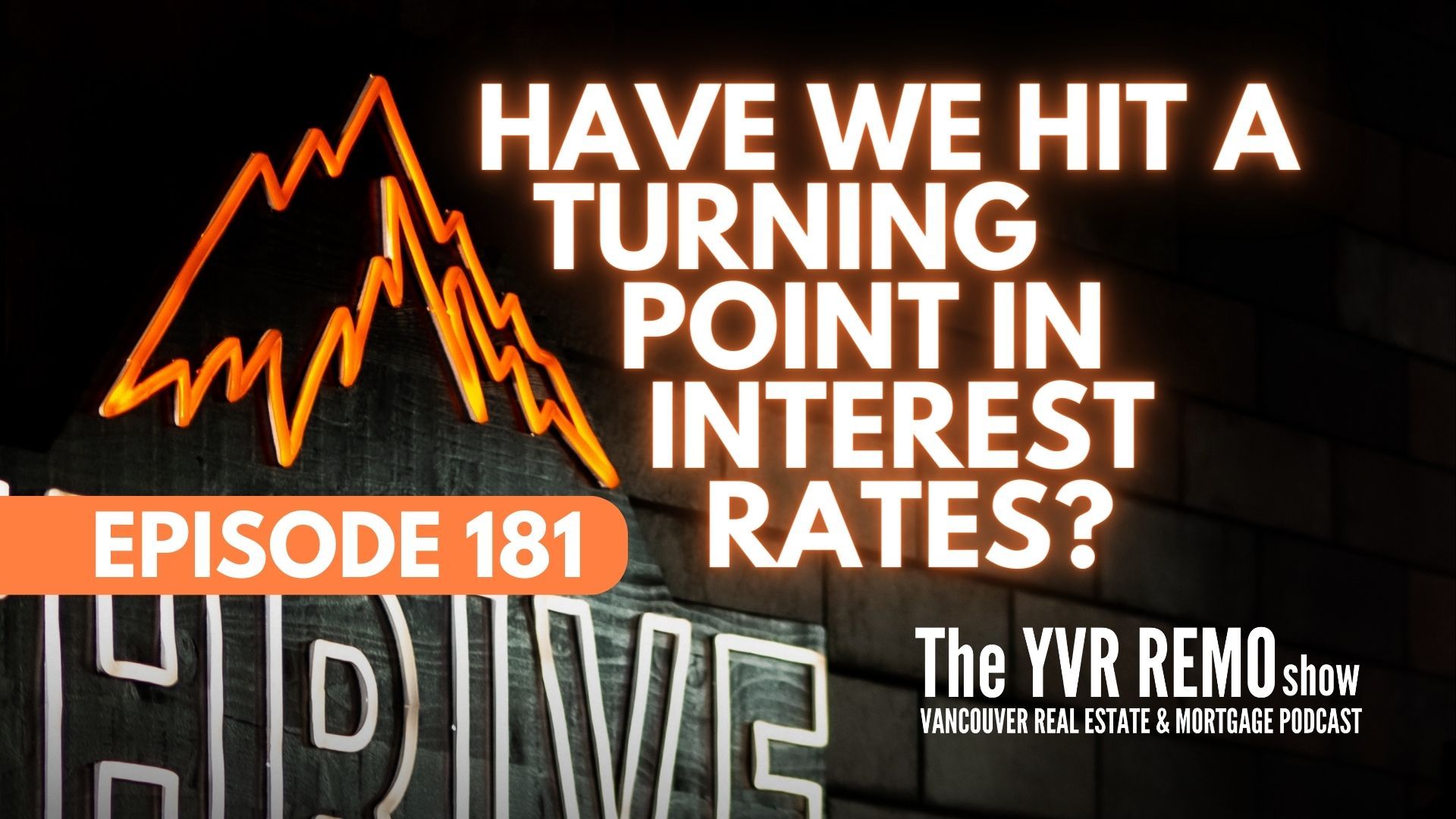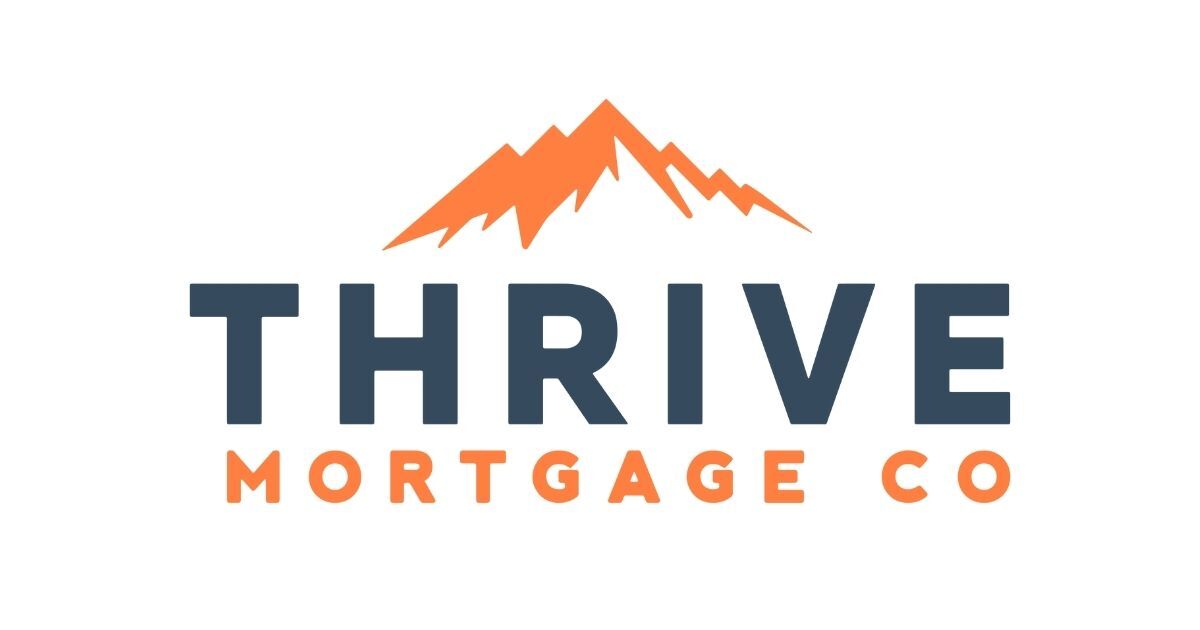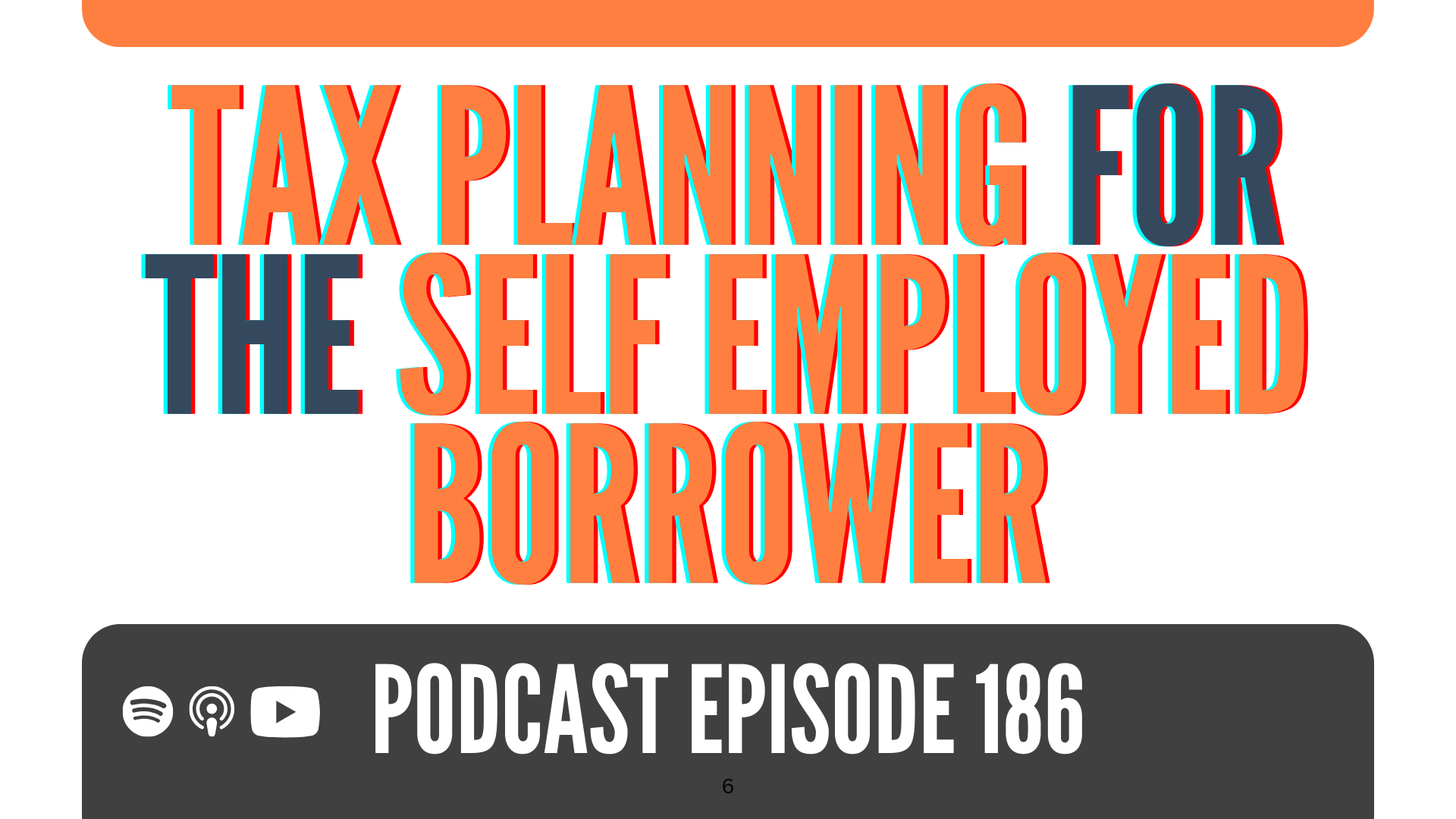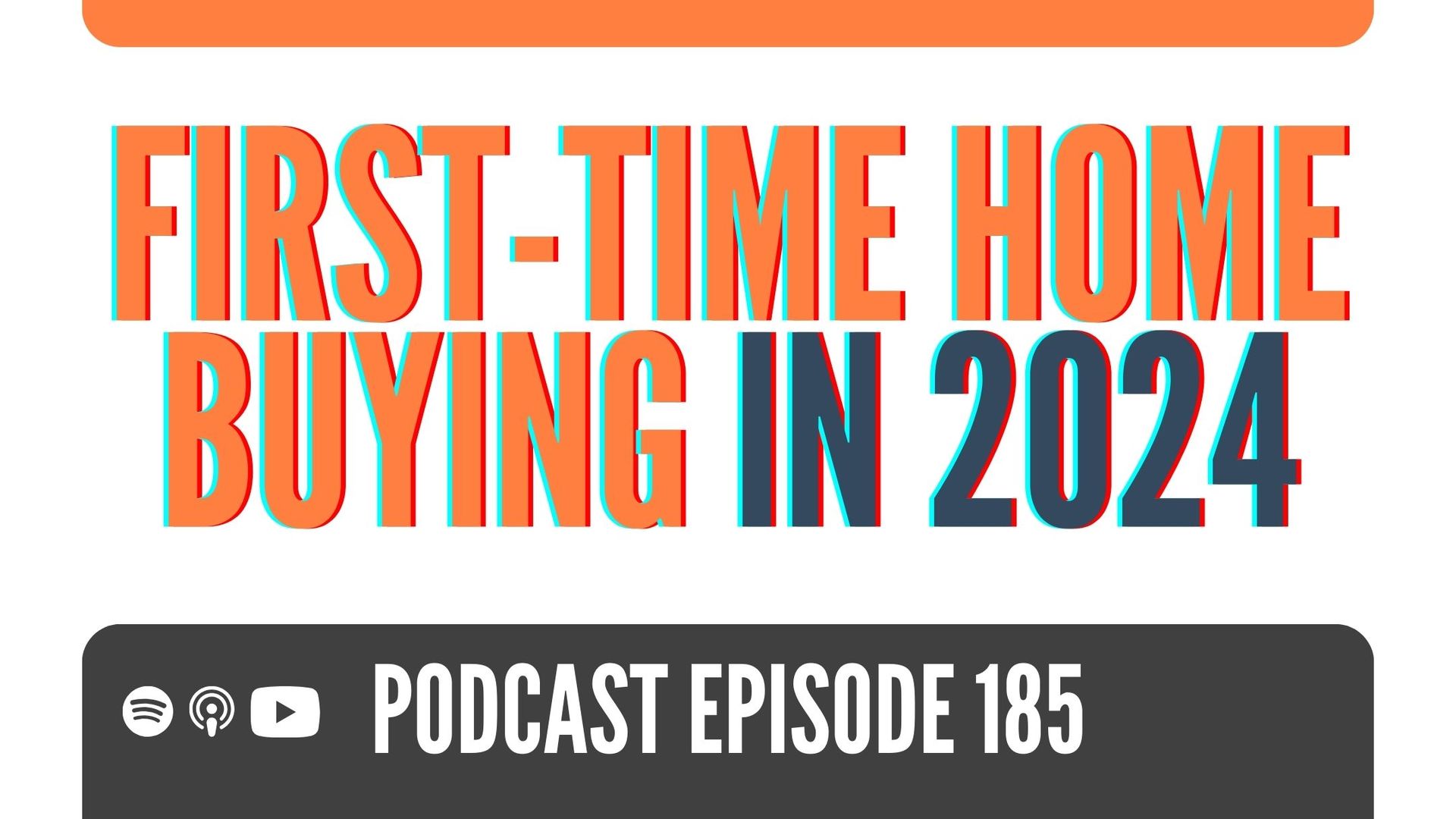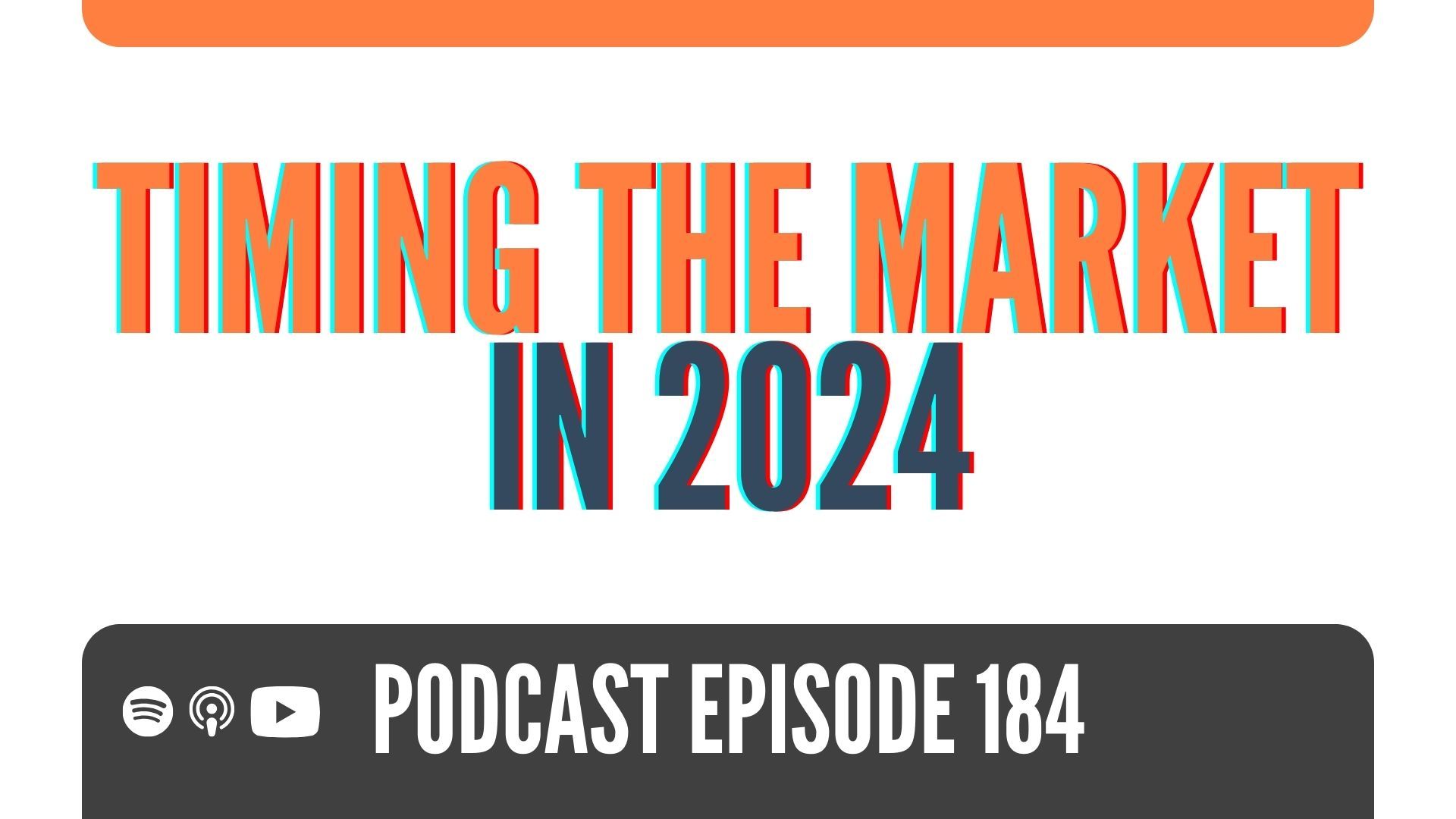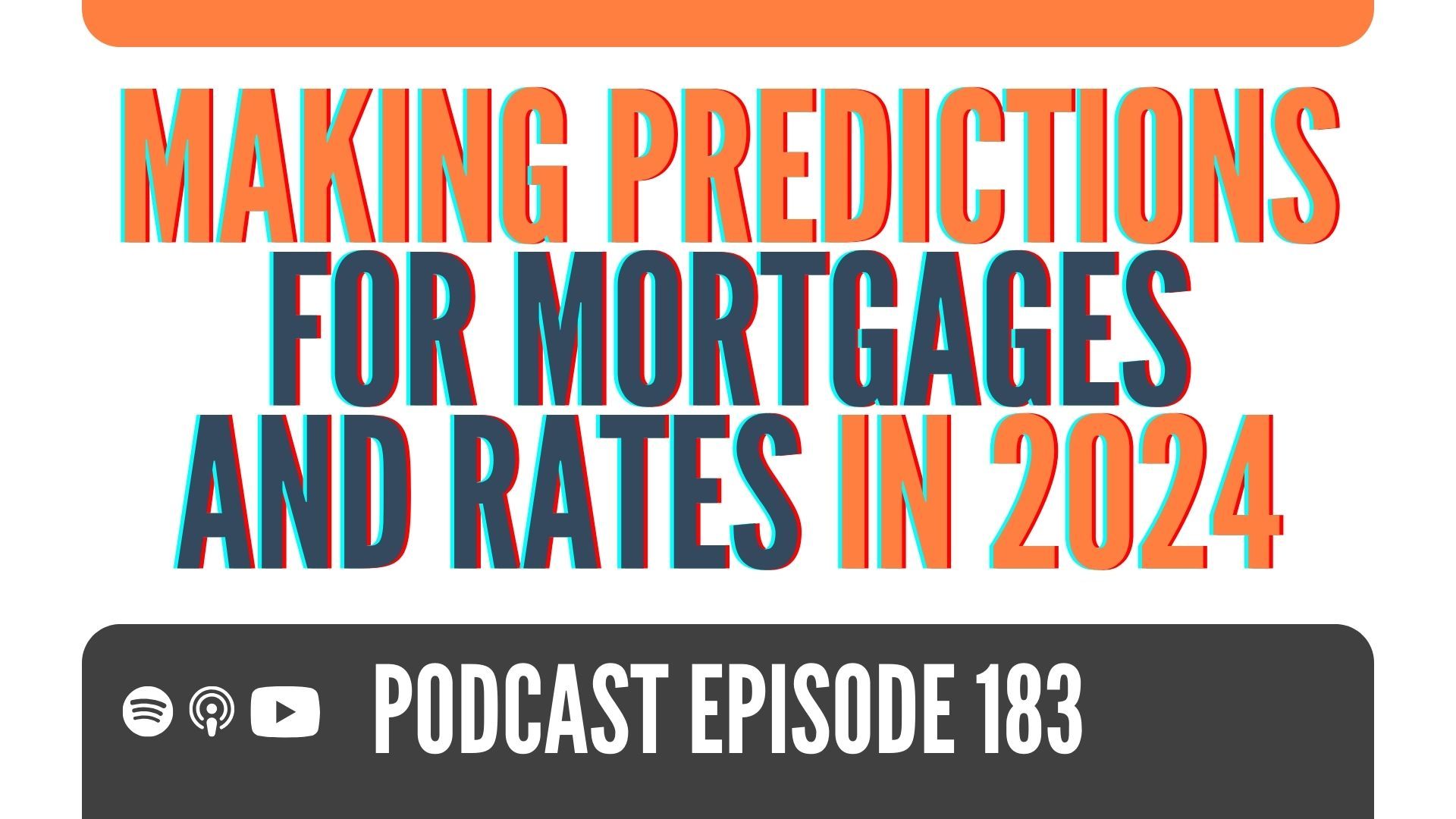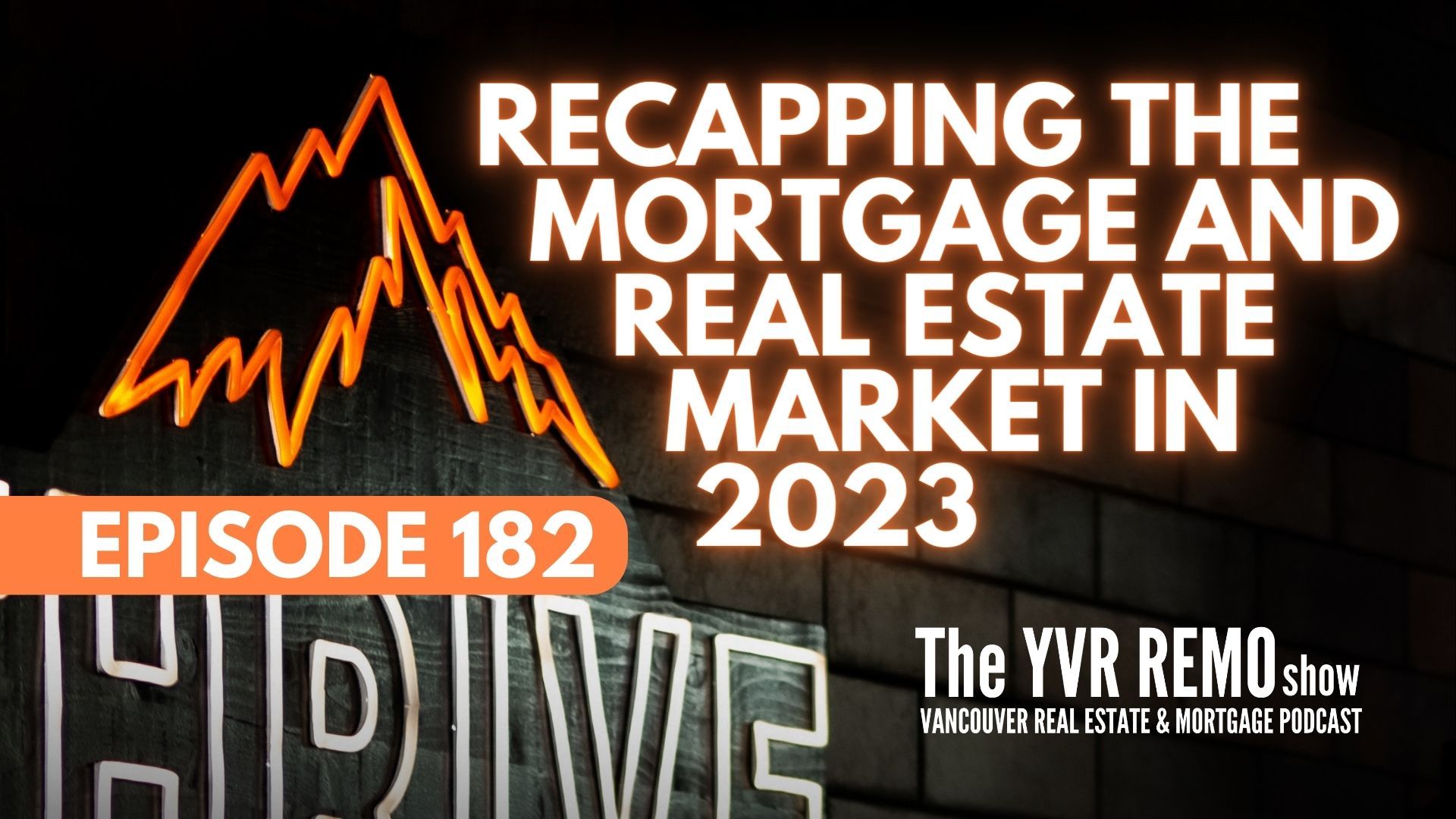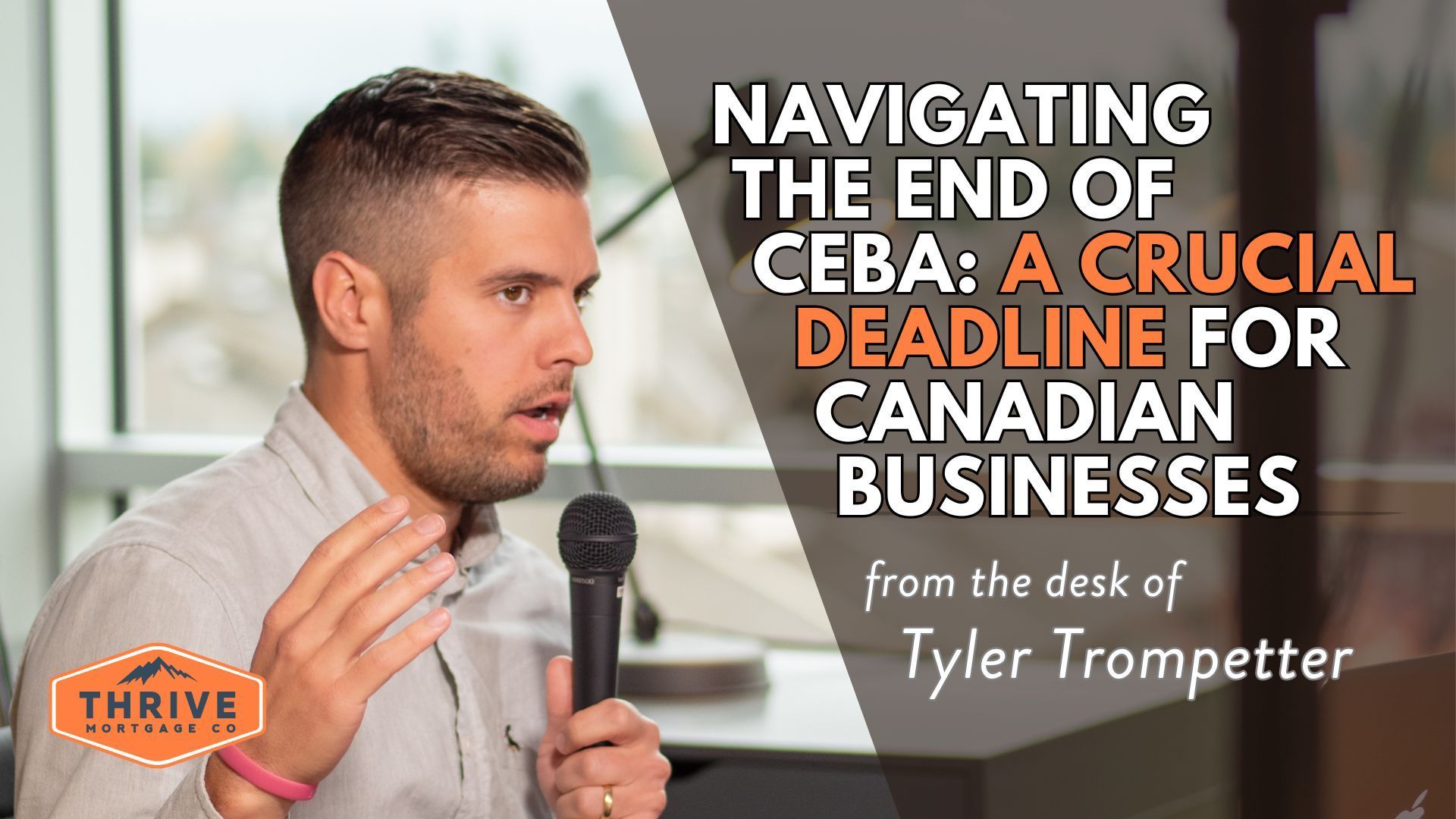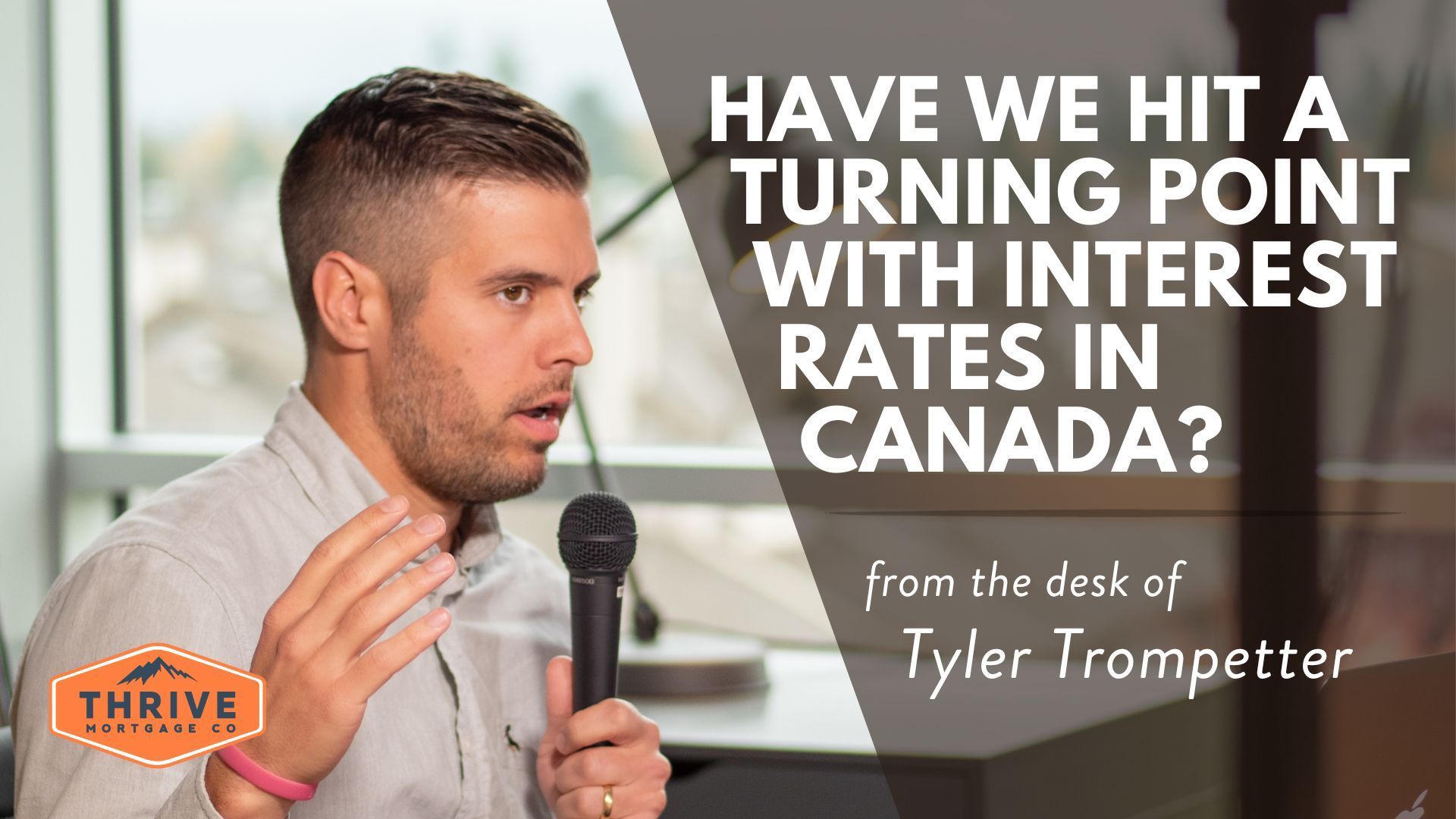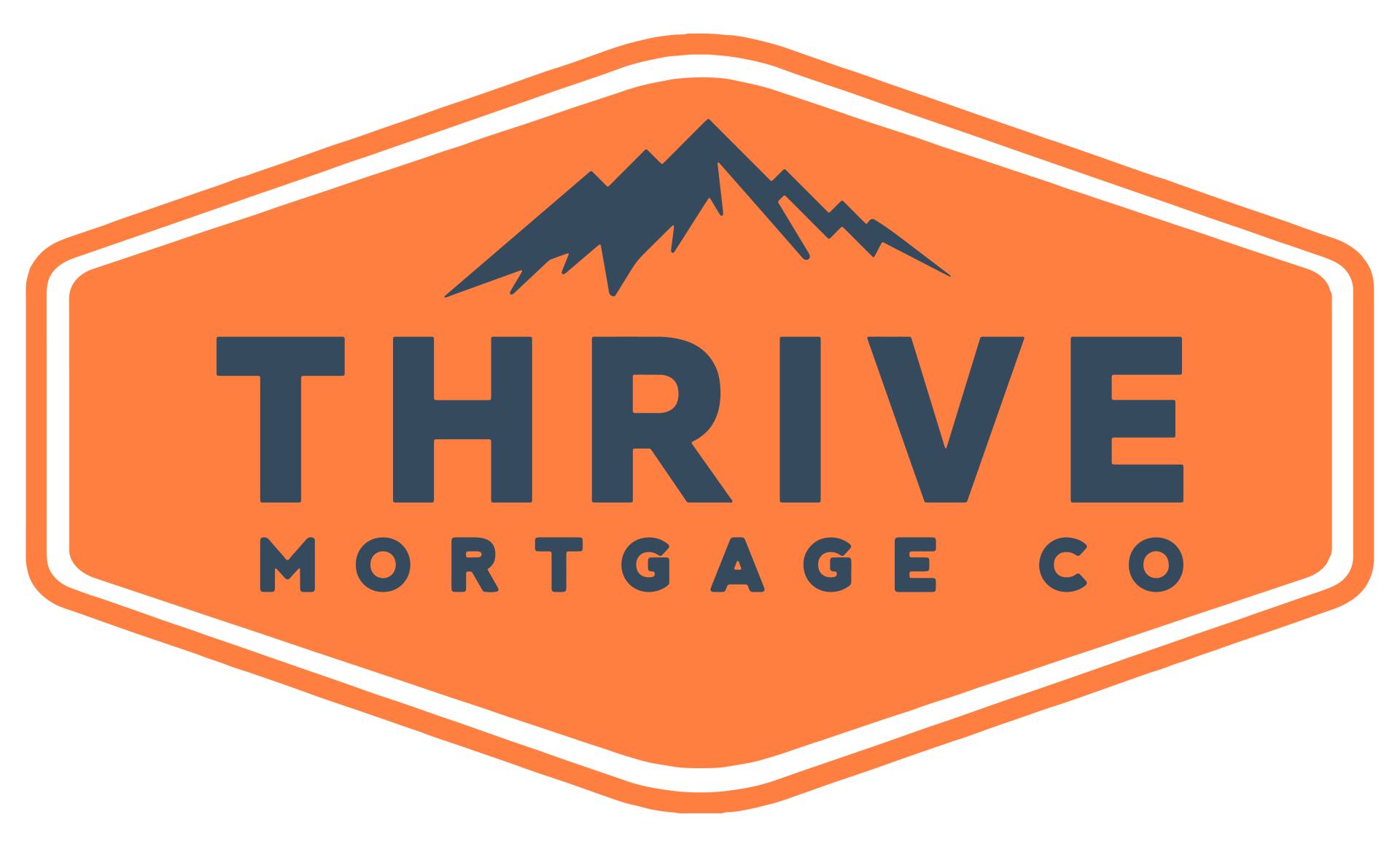YVR REMO Show Episode 18 - Should you Take a 1.99% Fixed Rate?
Over the last few days we've been hearing quite a bit about this 1.99% fixed rate. It's the lowest advertised rate we've seen in Canadian history. There are other things to consider and solutions when it comes to this. Is it right for you? What should you be looking at?
What's happening is typical for spring market behaviour. It's arriving late this year because of COVID-19. HSBC was the one who stole the attention this year by announcing a 1.99% fixed rate.
99% of the time the best rate is not the best product. Additional costs and restrictions often come with these type of low rates mortgages which is what we will break down today.
WHY MAY THIS PRODUCT NOT BE YOUR BEST BET?
Every lender has a very similar product to this at almost the same rate or just above. It's what's attached to the product that matters.
The biggest pitfall to the rate may be the penalty. If you take a 5 year fixed mortgage, the average Canadian breaks their mortgage every 3 and a half years. If you have a fixed rate of 3.30% and want to move into a 2.20% variable, your penalty is $23,000. That type of restriction will prevent you from those savings.
Even with HSBC, a lot of people do not qualify for this product. This is for a high ratio, you pay for the mortgage, type of product. If you are putting down 20% or doing a 30-year amortized loan, you likely will not qualify.
There's one restriction to these type of products and it's a bonafide sales clause. This means you can't change lenders with that same property. You have to sell the home to get out of this restriction and pay the penalty.
example:
Let's compare the 1.99% rate with one listed at 2.13% for a loan amount of $400,000. The difference comes out to $27/month. The total interest over the course of 5 years is $2,600.
We predict that we are not at the rock bottom for interest rates. With a fixed rate, if you lock in, you are paying for the comfort. Interest rates technically should be in the 1.00% range today. There is a buffer that could diminish, economy given. Historically, rates should be at 1.60%-1.75%.
If our clients do take a variable rate, there is a maximum penalty of 3 months of interest.
FULL FEATURE MORTGAGE
If we assumed we had a 2.13% fixed rate and fast forward to year 2 of a 5 year term, we would have 3 years left. If you decide to break the mortgage, how is the rate calculated? They would look at what the current 3 year fixed is. There's 3 years left in the term so this is what they are comparing it to. Today's 3 year fixed is 2.39%. You would actually pay a 3-month interest penalty because the 3-year fixed rate is higher. In this case it would function like a variable and pay that 3-month interest.
PRODUCT EXAMPLE
There is three different kinds of fixed rate mortgages
- Standard
- Posted
- Discounted
If you are going fixed, you want the standard method. Almost all banks use the discounted or posted method. using HSBC's method on the above example, we are looking at a much higher penalty. $23,000 of cancellation fee could stop you from being able to refinance. These are all assumptions and we can't predict your exact penalty but these rough numbers give you a very good idea as to what you may face.
If you are selling and buying another property, there's portability clauses if you have a full feature mortgage. If you didn't take the low rate product, you have the ability to port your mortgage to another property to avoid that penalty. We tell clients not to bank on that because there are some scenarios where you can't port. For example, when you add people to the mortgage, you can't port. Some lenders don't finance remediated grow-ops.
There are a lot of low interest rate options available and when we see it advertised, it's marketing and media buzz. Take a car advertisement for example. You see a price on TV and when you get there the price goes up. In the end it's a product designed to make money. If you're bank can't explain the terms of the penalty, you have a problem.
Tune into any streaming platform such as Spotify, Apple Podcasts, or YouTube next Tuesday for episode 19!
How to Reach US! 📲
Call 604.398.5575 or Email us!
More Questions or READY to get started!?
Just Ask US > Click Here to set up a call or EMAIL us
